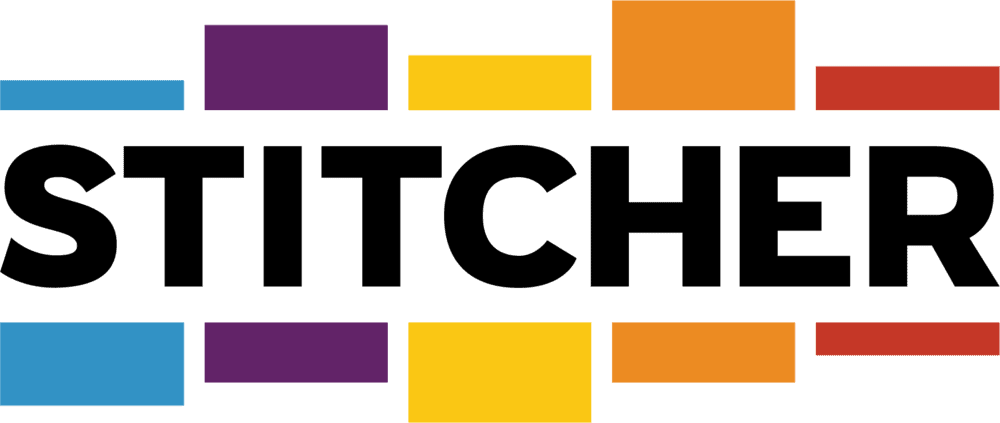Fail to Scale: Why Good Research Doesn’t Always Make Great Policy | John A. List
Lots of us have good ideas, some even back their ideas up with successful research. So why do these good ideas fail to scale into great, big ideas? John A. List shares the personal example of his highly successful kindergarten reform in South Side Chicago which then didn’t scale across the nation. His intrigue into this case led him to pen a phenomenal new book about scalability, “The Voltage Effect”.
John A. List, is a Professor of Economics at the University of Chicago as well as recently becoming the first ever Chief Economist at Walmart. Our conversation with John touches on the ambition he has to change the world for the better in this new role at Walmart. But the primary drive for our chat was to discuss his great new book “The Voltage Effect: How to Make Good Ideas Great and Great Ideas Scale”. Listen in to learn about the concept of scalability and why it is so hard to go from, “the petri dish’ (as he puts it) to successful broad scale programs.
Scalable ideas are all alike. But each unscalable idea is unscalable in its own way. ~John A. List Share on XAs is often the case, we round off our episode with a desert island music selection from our guest. And John’s very thoughtful consideration of the question yields a top notch selection of musical artists. Don’t miss this part of the discussion!
Regular listeners to Behavioral Grooves might consider donating to our work through our Patreon page. Or you can also support us by writing a podcast review on your podcast player; doing so helps scale our audience!
Topics
(6:06) Welcome and speed round questions.
(11:03) Why John named his book The Voltage Effect.
(13:41) John’s involvement in the Chicago Heights Early Childhood (CHECC) school project.
(23:05) What biases influence people?
(26:29) How Nancy Reagan’s good intentions are an example of scaling failure.
(30:52) Scaling behavioral science.
(39:17) How is John going to change the world as Chief Economist at Walmart?
(43:33) How can insights from charity be applied to other sectors?
(54:55) John’s desert island music selection.
(1:04:11) A “High Voltage” Grooving Session with Kurt and Tim.
© 2022 Behavioral Grooves
Other Episodes You Will Enjoy
George Loewenstein, Episode 67 “George Loewenstein: On a Functional Theory of Boredom”
Sam Tatam, Episode 295 “For Revolutionary Solutions, Look To Evolutionary Ideas”
Thomas Steenburgh, Episode 51: “How to Sell New Products”
Podcast: Play in new window | Download
AIRDATE: May 23, 2022 EPISODE 296
Podcast: Play in new window | Download
Fail to Scale: Why Good Research Doesn’t Always Make Great Policy | John A. List
Featured Guest

John A. List
LINKS
John A. List’s book, “The Voltage Effect: How to Make Good Ideas Great and Great Ideas Scale”: https://amzn.to/3a0GOjh
“Just Say No” campaign: https://en.wikipedia.org/wiki/Just_Say_No
Anna Karenina: https://en.wikipedia.org/wiki/Anna_Karenina
“Stakes Matter in Ultimatum Games” (2011) by Steffen Andersen, Seda Ertaç, Uri Gneezy, Moshe Hoffman and John List: https://econpapers.repec.org/paper/hhscbsnow/2011_5f001.htm
George Loewenstein, Episode 67 “George Loewenstein: On a Functional Theory of Boredom”: https://behavioralgrooves.com/episode/george-loewenstein-on-a-functional-theory-of-boredom/
“Parent Nation: Unlocking Every Child’s Potential, Fulfilling Society’s Promise” by Dana Suskind: https://amzn.to/3wD8YIQ
Sam Tatam, Episode 295 “For Revolutionary Solutions, Look To Evolutionary Ideas”: https://behavioralgrooves.com/episode/evolutionary-ideas-sam-tatam/
Scott Jeffrey, Episode 3: https://behavioralgrooves.com/episode/bg-3-scott-jeffrey-phd-monmouth-university/
Thomas Steenburgh, Episode 51: “How to Sell New Products”: https://behavioralgrooves.com/episode/thomas-steenburgh-how-to-sell-new-products/
To leave Apple podcast review: https://podcasts.apple.com/us/podcast/behavioral-grooves-podcast/id1303870112
To support Behavioral Grooves via Patreon: https://www.patreon.com/behavioralgrooves











